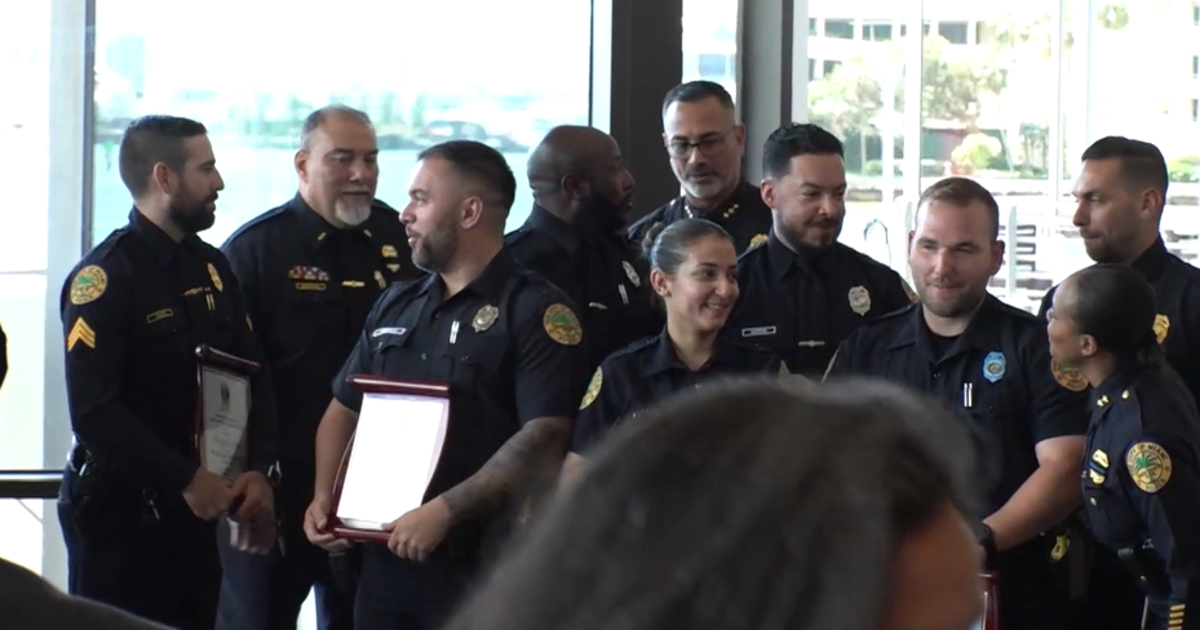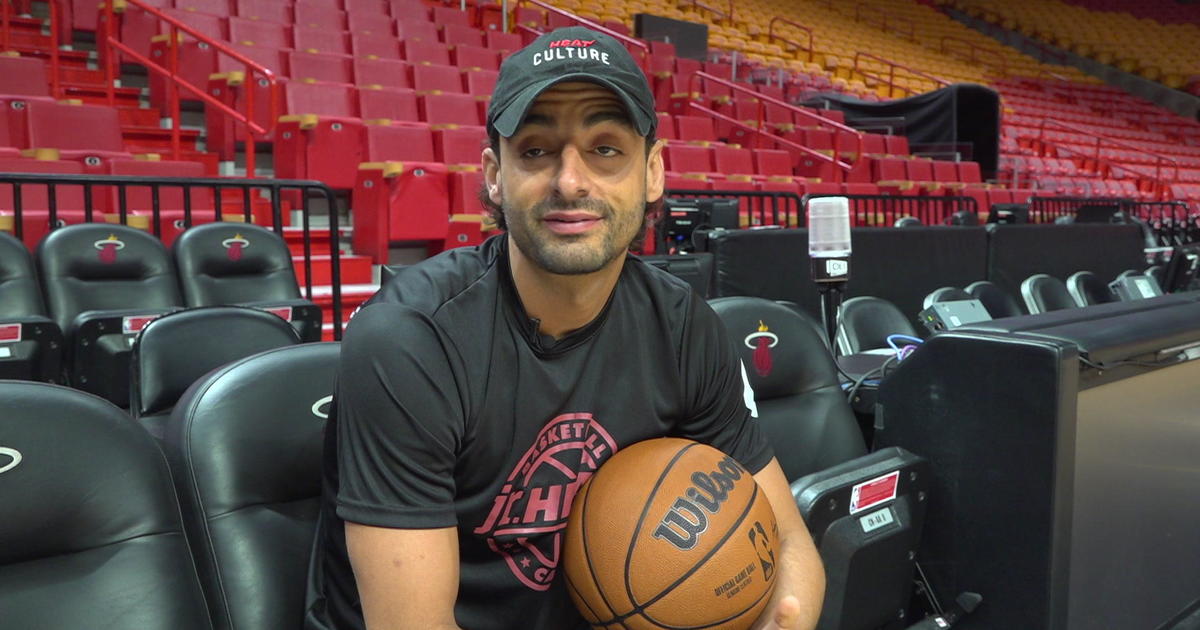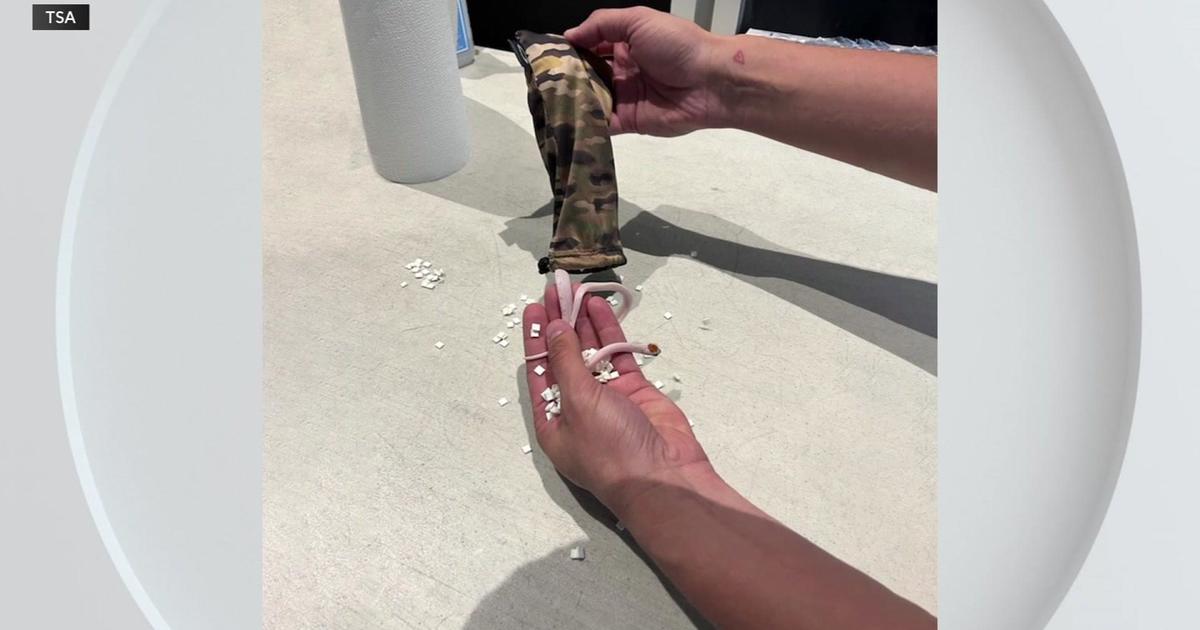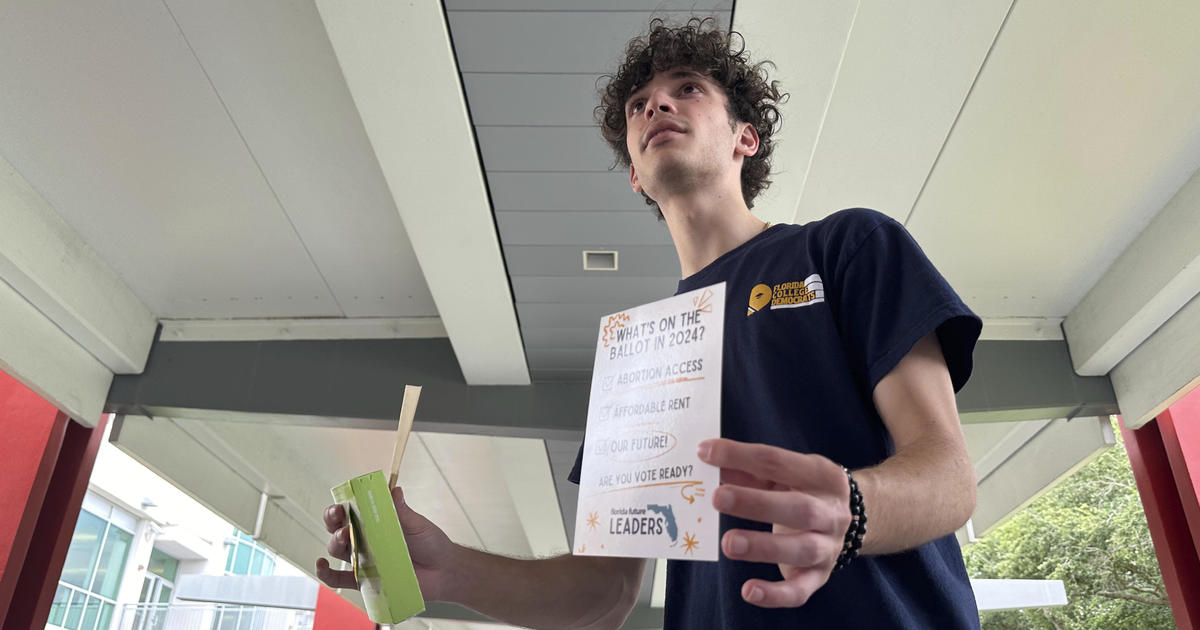Local scientists work to save Florida's coral reefs, here's what you can do
MIAMI - They are often called the rainforest of the sea, but now coral reefs with their beautiful shapes and colors are dying.
The extreme heat we have been experiencing is just too much for them to handle.
What many don't know is if it continues to happen it could impact us all. That is why a group of scientists are doing their part to save them.
A team of coral scientists at the University of Miami Rosenstiel School of Marine, Atmospheric and Earth Science are hard at work trying to save as many coral reefs as possible before it is too late.
"It's devastating. Honestly, it's really hard to remain positive when you're out there seeing these corals bleaching and such a rapid and widespread rate. It's not only just about the corals that are so important to all of our marine life, but also corals that our marine researchers spent years and years building engineer it to put out there that we're looking at potentially losing" said Cam McMath with UM Rosenstiel School.
The cause is the extremely warm weather we've been experiencing that is creating catastrophic effects on our coral reefs.
"Coral is so important to mankind as well as it grows it builds a rock underneath it, so you have this wall of blockage of wave energy all coastal cities. All structures on the coast stand to benefit from corals and losing. It means they're going to get all the storm energy. There's a lot more risk than the fish and the turtles if we lose or corals," said McMath.
It's a devastating situation these scientists say they say year after year, but nothing compares to what they are dealing with now.
"What makes this year so damaging and so unique is that the thermal anomaly is a departure from your average high temperatures happen very early we're not used to these temperatures before August or September trim we're seeing them mid-July," said Prof. Diego Lirman with UM Rosenstiel School.
A heartbreaking site below and above the surface.
"It's hard to see if this were any other animal, I would be covering this it would be horrific seeing coral bleaching is like an elephant graveyard. It's really pale coral. That normally would be happy fluffy vibrant. It's heartbreaking," said McMath.
Their goal, to pull in as many different species as they can and put them into their temperature-controlled tanks while at the same time bread new corals suited to survive warmer temperatures.
"It is challenging I'm not going to lie. It's very depressing to be in this situation is very heartwarming to be able to rally the troops and students and staff and faculty involved in volunteers not only in Miami, but all-around Florida moving these corals," said Prof. Lirman.
If you are asking yourself, what can you do to protect the corals? Practice safe boating and conserve water. If you're a diver don't touch them, don't send chemicals into our waterways and also, while at the beach clean up after yourself and others trash that's left behind.




